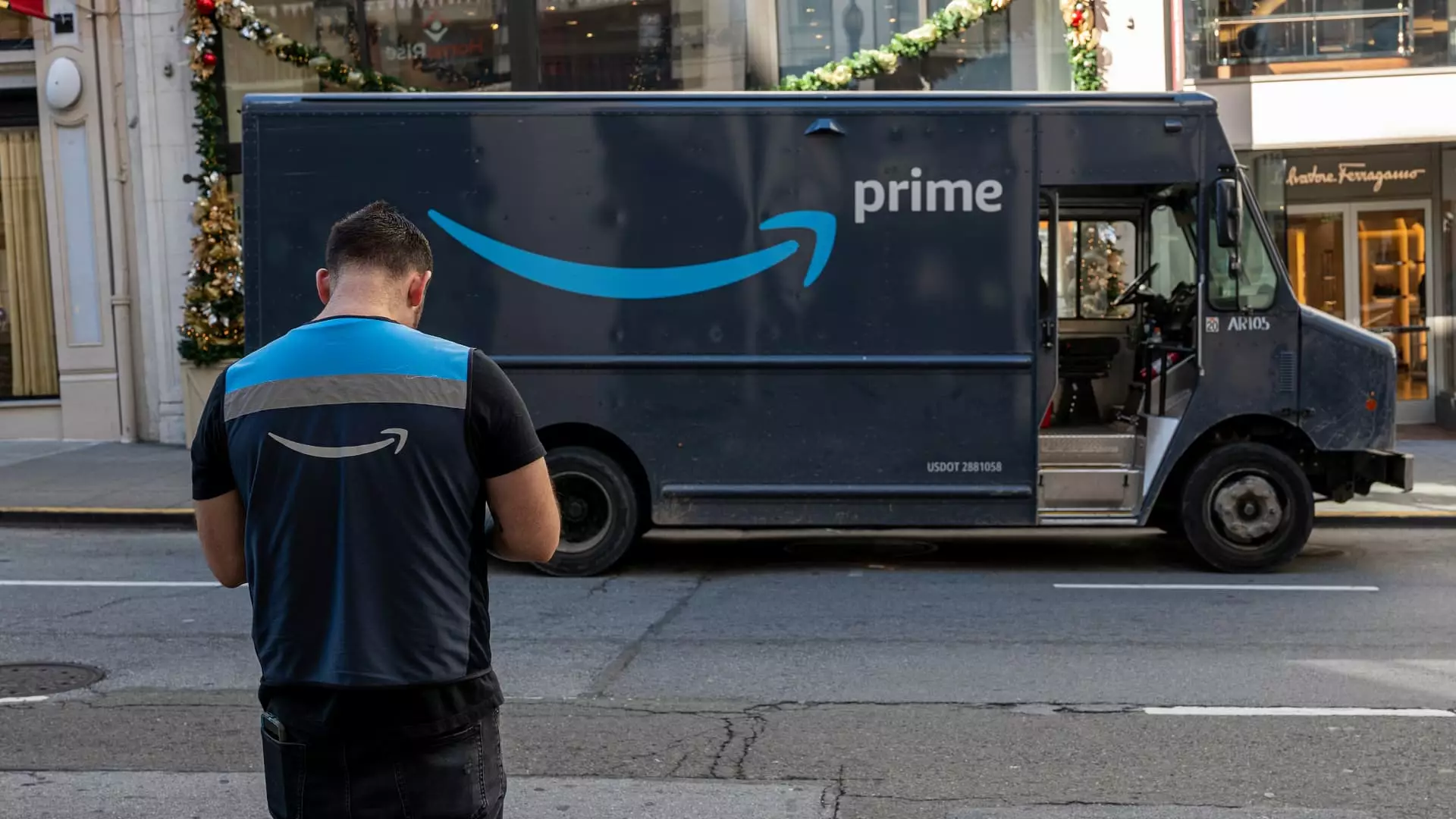In the realm of digital commerce, few names loom larger than Amazon. Yet, beneath the behemoth’s surface lies a turbulent skirmish as the Federal Trade Commission (FTC) strives to hold it accountable. A recent court hearing unveils not just the legal clash but also the chilling aftermath of organizational constraints that cast shadows over regulatory actions. The FTC, once a pillar of governmental enforcement, now grapples with significant resource deficits, begging the question: can it effectively contend against a corporate titan like Amazon?
This precarious situation came to a head in Seattle, where the judge overseeing the FTC’s allegations against Amazon was approached with requests for an extended timeline. The FTC’s proposal to delay the trial—a significant confrontation focusing on consumer manipulation through Amazon Prime—arrived amid palpable uncertainty within the commission. While the case vividly outlines claims that Amazon has duped customers into unwitting subscriptions and complicated cancellation processes, the FTC is beseeching for a lifeline during a moment of crisis.
Austerity’s Toll on Regulatory Efficacy
The request for a trial delay due to resource limitations reflects a broader narrative playing out in federal agencies, particularly under the recently reformed Department of Government Efficiency helmed by Elon Musk. The drastic reduction in staff—over 62,000 positions eliminated in a single month—alongside budgetary restrictions, has left the FTC struggling to fulfill its mandate effectively.
Jonathan Cohen, an attorney representing the FTC, articulated the severity of the situation when questioned by Judge John Chun. He illuminated the possibility of a future worsen state, citing unexpected office relocations as potential hindrances to trial preparations. This sense of foreboding raises concerns about America’s regulatory resilience. Should a lack of resources impede the FTC’s ability to tackle corporate wrongdoings, we may be witnessing a pivotal shift in the balance between regulation and corporate influence.
In contrast, Amazon’s response underscores its robust defense strategy. The company’s attorney, John Hueston, dismissed the claims regarding resource inadequacies, implying that the FTC had sufficient capabilities to advance without necessitating an extension. His perspective reflects a broader theme of corporate defiance—a trend that can embolden corporations when they perceive regulatory bodies as weakened.
The Stakes for Consumers and Market Fairness
At the heart of this trial lies the moral imperative to protect consumers. As the industry pivoted toward subscription models, levels of consumer trust have fluctuated, with many expressing frustration over their experiences with automatic renewals. The allegations leveled by the FTC—which describe Amazon as habitually trapping customers into subscriptions—paint a distressing portrait of a marketplace that might prioritize profit over transparency. This dissonance illuminates a larger issue within e-commerce: the ethical responsibilities of digital platforms towards their users.
This case does not exist in isolation. The FTC is grappling with broader accusations against Amazon involving anti-competitive practices, further complicating its pursuit for fairness. An alleged monopoly accusation highlights how Amazon’s policies prevent competition and inhibit consumer choice—a dangerous precedent for not just the future of digital commerce but the economy at large. With cases set against a backdrop of bureaucratic instability, the effectiveness of the FTC in safeguarding consumer rights hangs precariously in the balance.
Leadership Changes and Consequences
Adding another layer to this already complex situation is the recent leadership swap at the FTC. Former Chair Lina Khan, known for her staunch advocacy against corporate monopolization, has been replaced by Andrew Ferguson. This alteration in leadership may signal varying priorities and strategies within the FTC, further complicating its war chest against corporate power. With regulatory scrutiny so pivotal in today’s tech-dominated landscape, the implications of this leadership change cannot be understated.
The juxtaposition of regulatory expectations with corporate power becomes increasingly apparent. As the FTC strives to adapt amid its own resource constraints, Amazon’s well-resourced defense is poised to leverage these vulnerabilities. Therefore, moving forward, the resilience of regulatory bodies must be prioritized—if they are to remain effective guardians of consumer rights in an ever-evolving marketplace.
In an era of adaptive capitalism, the battle between the FTC and Amazon encapsulates the vital discourse surrounding corporate accountability, consumer rights, and the enduring need for robust regulatory frameworks.


Leave a Reply